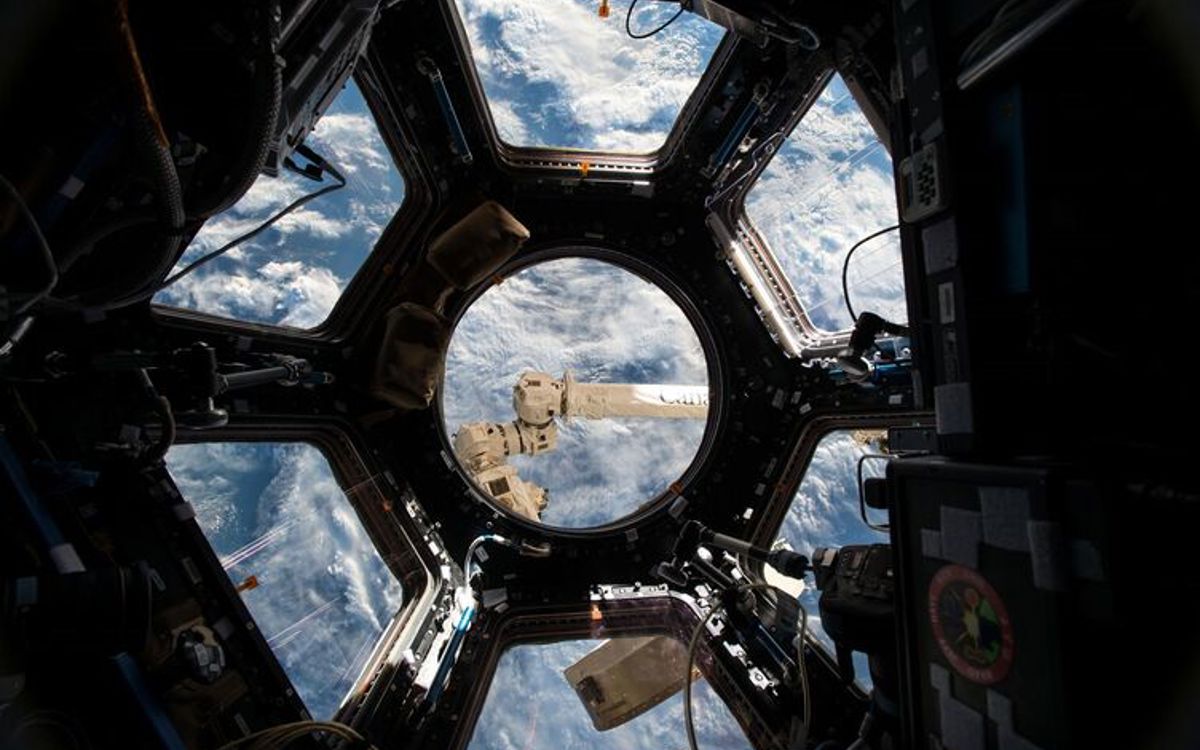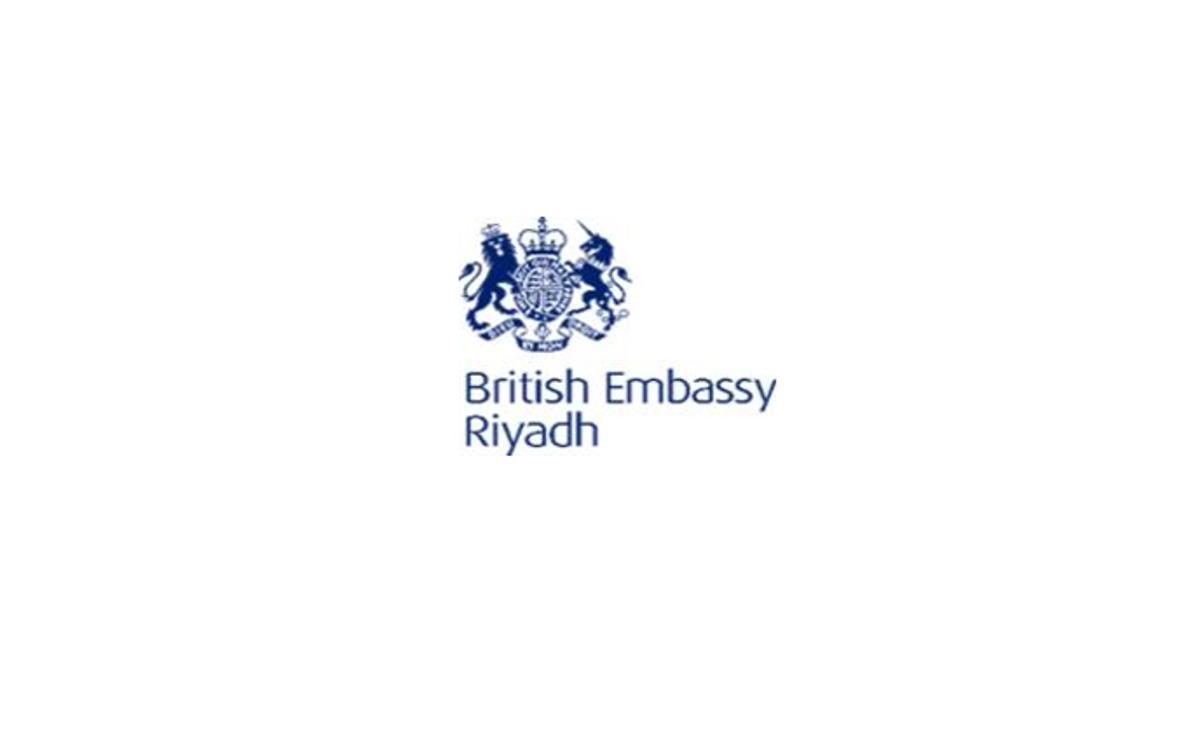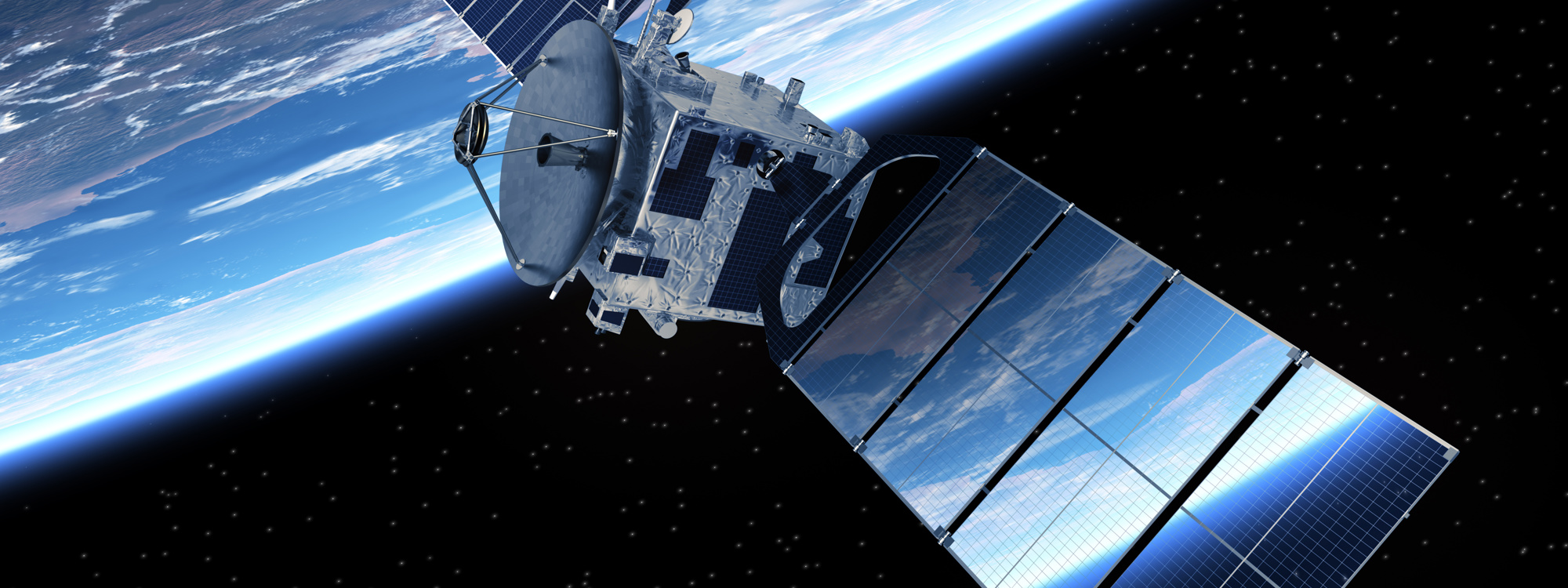
October Newsletter
News from the Cluster
Welcome to the latest edition of our Space West Newsletter. We're dedicated to delivering space-related news, updates, and knowledge. With each newsletter, we aim to keep you informed about the most recent discoveries, advancements, and stories from the world of Space in the South West region.
About Space West
Space West is a regional consortium of academic and industry partners designed to accelerate growth and innovation in the space sector within the region and nationally. The Space West programme hosted by the National Composites Centre, in partnership with West of England Combined Authority, the Centre for Modelling and Simulation, the University of Bath, the University of Bristol and the University of the West of England.

Metro Mayor visit to the University of Bristol
It was a pleasure to join West of England Combined Authority’s Metro Mayor Dan Norris at the University of Bristol during World Space Week. He toured the Communications and Networks research laboratory and heard from a range of the university's space researchers about how their research contributes to sustainability in space, enhances our understanding of greenhouse gas emissions and advances the realisation of Space Based Solar Power.
The University of Bath, the University of Bristol and the West of England Combined Authority are founding partners of the Space West cluster. The West of England Combined Authority recognises the significant regional growth within the sector and potential to harness the benefits of space technologies for the region.
Mayor Norris said:
'The West of England space sector is a success story. From Bristol’s Thales Alenia Space who have built super-vital satellite tech used in space missions to track the health of our precious planet, to the vital National Composite Centre base in Emerson Green, we really are harnessing the endless possibilities of space to boost all our communities.
'Dr Pelham and his team are no different. Their work could really help us take that giant leap - getting energy directly from space, with the West of England at the forefront of this.
'It just goes to show how vital the West's space sector is becoming. And with the cash my Mayoral Combined Authority is putting into Space West, we can and will go even further - to protect our planet, and explore our universe.'
Read the full story here
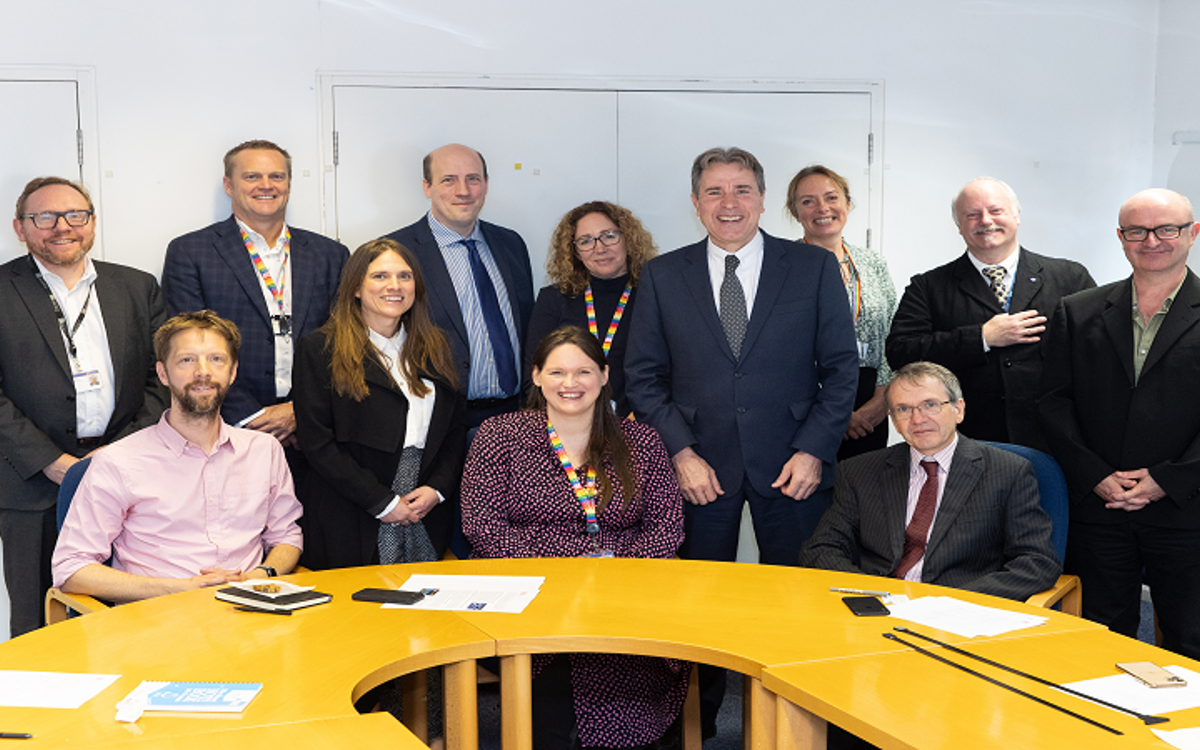
Bringing Space Down to Earth - Networking Event
A huge thank you to Withers and Rogers for hosting and sponsoring another super networking event on the 5th October. The team made our space community feel incredibly welcome.
We had the privilege of hearing from Dr Pui Anantrasirichai, Senior Lecture at the University of Bristol who shared highlights from a collaborative project which leveraged machine learning techniques for analysing space data to detect earth deformation indicative of subsidence, landslides and coal mining. Stephen Chuter from Fathom provided insights into their work using space data and modelling techniques for flood risk intelligence and Map Impact shared how their business uses space data for biodiversity monitoring and highlighted an ongoing project focused on water quality at Lake Windermere. It was also a pleasure to introduce our regional ESA Ambassador, Grant Day who gave an overview of the ESA Space Solutions programme. A big thank you to all our speakers- they truly enhanced the evening.
Many great conversations took place and new connections were made. This only works because people support us and generously give up their time to join us. We are truly grateful for the excellent turn out - thanks to all of you who joined us.
Networking opportunities are a valuable tool for bringing our space community together and building a well-connected eco-system. If you would like to host and/or sponsor an event, please get in touch at [email protected]
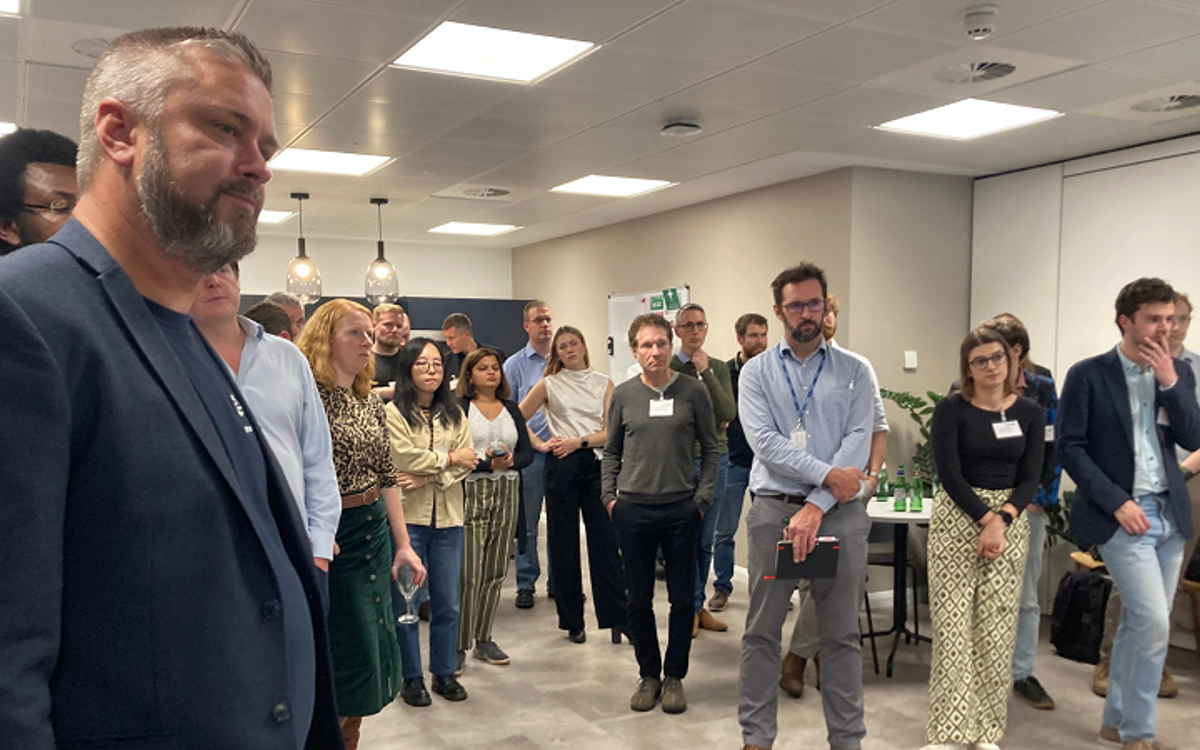
South West SpaceTech Challenge is live!
In a bid to foster innovation and connect with the booming offshore wind industry, the South West Space Tech Challenge has been launched as a part of the SpaceWest program. This competition aims to support forward-thinking entrepreneurs who harness space-enabled technologies to address real-world challenges in offshore wind and Climate & Nature Resilience.
The Innovation Challenge, led by Space West and backed by Deloitte, offers a unique platform for innovators to collaborate with a rapidly expanding industry. Participants will have the opportunity to tackle specific challenges within the offshore wind and climate & nature resilience sectors and potentially develop solutions that can be scaled up for the global market.
This initiative is a significant step in building a thriving space ecosystem within the South West region, showcasing the potential synergy between space technology and offshore wind and climate & nature resilience. It promises to be an exciting journey for all involved.
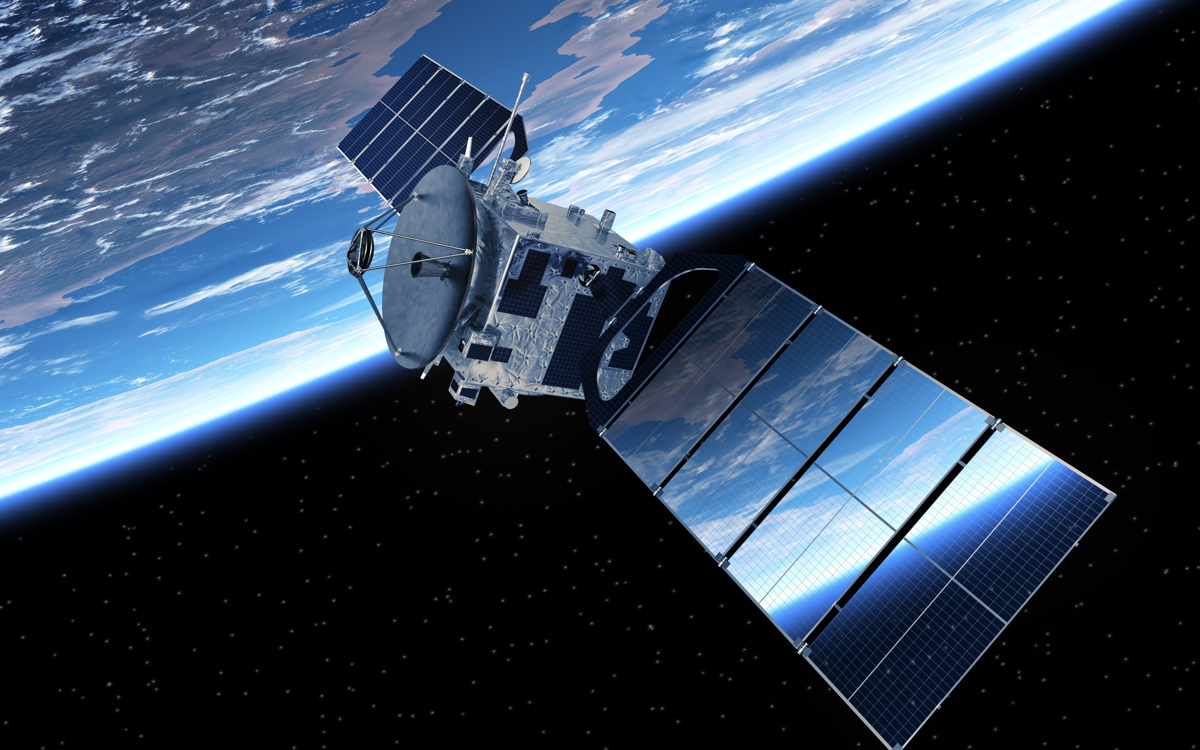
Space West at DSEI
Space West represented by Cluster Manager, Rebecca Huffee and partners National Composite Centre and CFMS in Defence Security and Equipment International, known as DSEI.
Rebecca Huffee joined Air Vice Marshall Paul Godfrey, Commander UK Space Command and UK Space cluster leads to discuss the potential of space clusters in accelerating the exploitation of innovative technologies by Ministry of Defence and to hear more about the Defence Space Capabilities Framework. We also gained insights into Space Command’s focus on dual-use opportunities, demonstrated by their Space Domain Awareness platform.
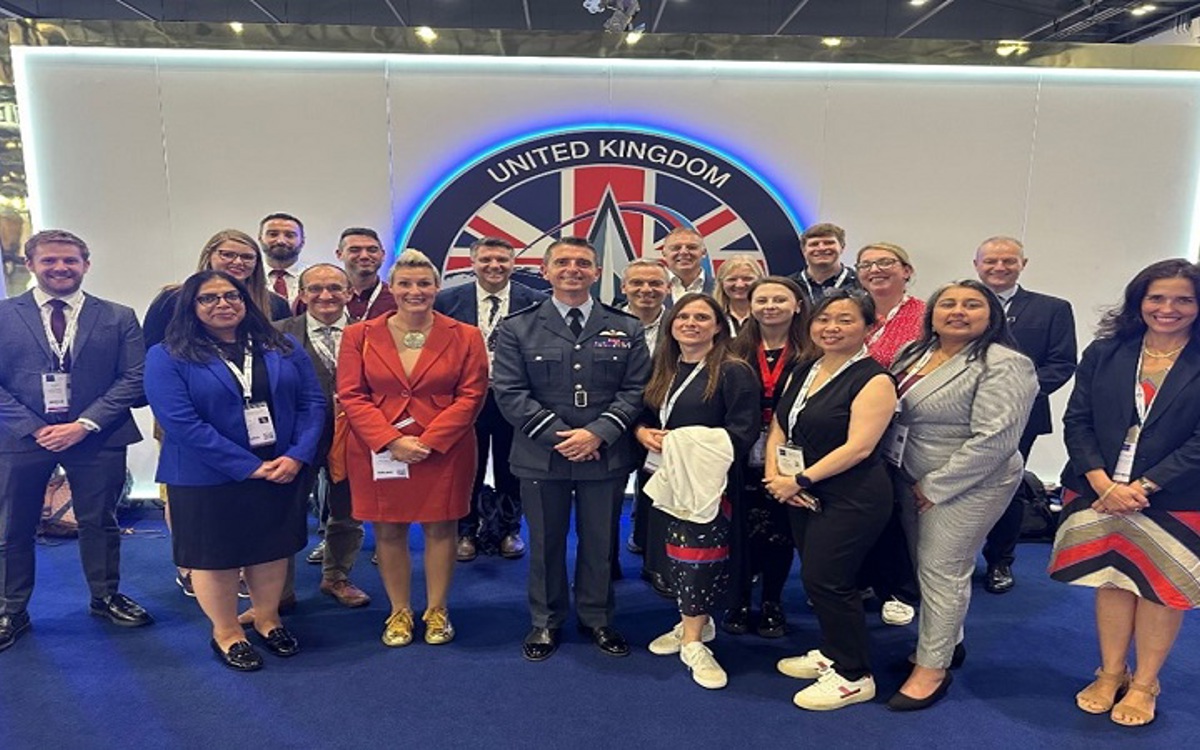
ISAMBARD AI –‘Bristol is set to host the UK’s most powerful supercomputer to turbocharge AI innovation’
The UK government has confirmed the University of Bristol will host the new AI Research Resource (AIRR). This national facility will play a crucial role in assisting researchers in harnessing the potential of AI and supporting critical work on the technology’s safe and effective use.
AI is widely recognised as an enabler for addressing new and emerging challenges within the space sector, with use cases that span the upstream, midstream and downstream. In the short term as ‘new space’ generates more space data than ever before, we need AI solutions capable of providing actionable intelligence.
Given national ambitions of developing capability to deliver ubiquitous and resilient connectivity coverage across the UK, this will need dynamic and resilient networking that leverages AI capabilities to deliver the agility of platforms to work intelligently to switch between networks as new orbits and manoeuvres take place. Sector wide the ability of AI to accelerate the design, development, manufacture and validation of new platforms cannot be understated. The government’s decision to host this asset here, is recognition of the AI strengths that exist and the innovation landscape that sits within the South West region.
Read more about ISAMBARD AI here
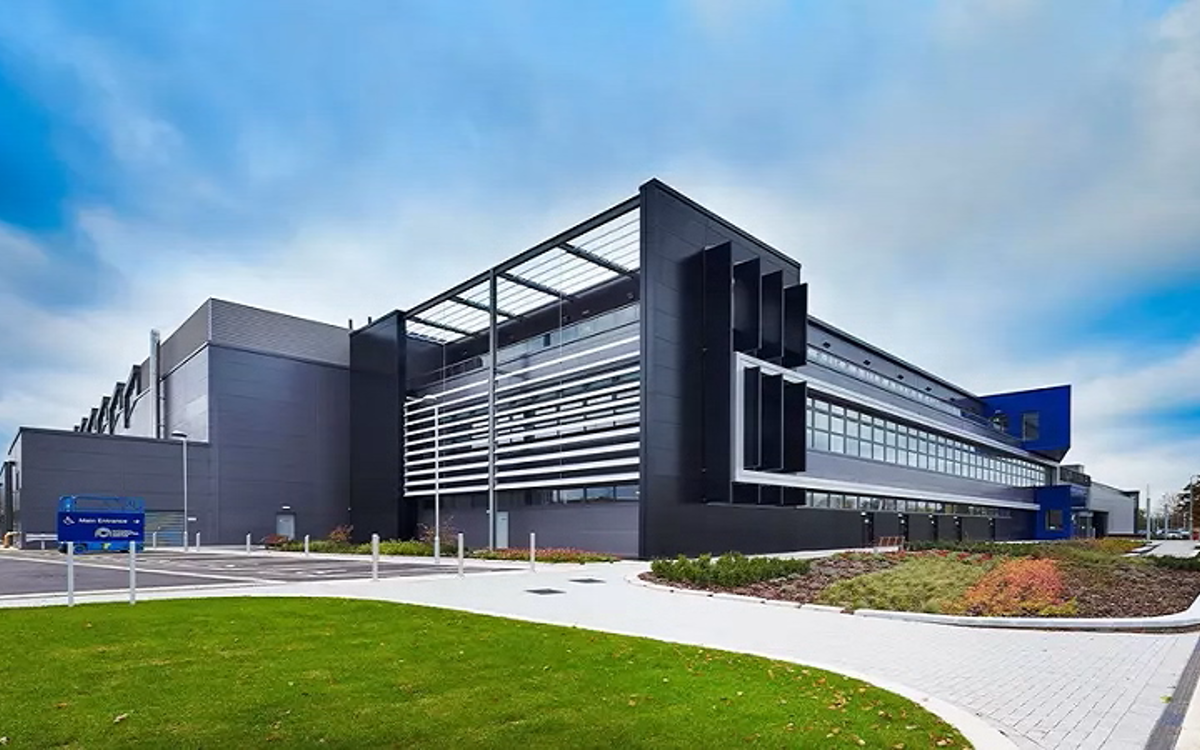
CFMS hosts stakeholder event for Space West
As a member and partner of the Space West Leadership Group, which governs the Space West programme, The Centre for Modelling and Simulation (CFMS) welcomed senior representatives from across the regional space industry and our cluster partners, National Composites Centre, West of England Combined Authority, University of Bath, University of Bristol and University of the West of England as they hosted a key stakeholder event at CFMS.
Holding this key stakeholder event is an important activity for the Space West cluster as the West begins to determine the strategic strengths of the region, ensuring our voice is heard wider as national strategic investment plans are considered.
As a partner and member of the Space Leadership Group, which governs the Space West programme, CFMS is playing a key role in the strategic development of the cluster. If you would like to know more about how our capabilities can support the space industry contact CFMS today.
Read full press release here.

Spotlight on Fathom
At Space West we are keen to shine a light on the thriving space SME community that drives our regional eco-system, so each of our newsletters will have a ‘Spotlight on’ where we will do just that. If you would like your business to feature in this section, please email [email protected]
In 2012, while working as researchers at the University of Bristol, Dr Christopher Sampson and Dr Andrew Smith started to discuss the major obstacles that needed to be overcome to simulate flooding in developing regions of the world. Flood models had historically been built at small-scales and in data-rich areas, so the creation of large-scale comprehensive models spanning data-scarce regions would require a radically different approach.
The founders began to examine the best ways to bring together cutting-edge research methods from across a range of complementary fields such as hydrology, hydraulics and remote sensing. In 2013, this conversation led to the formation of Fathom. Above all, the aim was to create a leading, data-driven organisation with transparency at its core.
Today, Fathom has become a global leader in water risk intelligence. Our award-winning data and insights are used by firms around the world, from (re)insurers and financial institutions looking to assess the flood risk of their portfolio, to assisting engineering consultancies with decision-making across the project lifecycle, to governments and nonprofits working on disaster response.
Academic research remains as important to the team now as when Fathom was first imagined. In the face of the increasing challenges posed by climate change and urbanisation, this commitment ensures we are providing customers and partners with market-leading flood models based on the ever-advancing frontiers of scientific research.
Satellite Earth observation has always been at the core of our work, underpinning the models which enable flood risk simulation at a global scale.
Looking to the future, we’re excited to see how the NASA Surface Water and Ocean Topography (SWOT) mission can transform our understanding of global hydrology. The mission, launched at the end of 2022, will provide the first global, highly accurate and spatially continuous monitoring of global rivers from space. We look forward to exploring how this data can be used to advance both the space sector and flood modelling.

Research in Focus
The Space West Region hosts three world class universities. All three universities hold Impact Acceleration Accounts which are designed to help universities translate research to real-world impact. If you are interested in collaborating with a university, Space West can connect you to the right support.
In this edition we delve into the research of Professor Karen Aplin and Research Associate Tom Etchells from the University of Bristol.
Karen Aplin is a Professor of Space Science and Technology at the University of Bristol. As an interdisciplinary physicist she has particular expertise in innovative instrumentation as applied to problems in space and atmospheric science and interest in electrical effects and measurements. She was awarded the 2021 James Dungey Lectureship of the Royal Astronomical Society. Recent projects include Development of a superminiaturised payload for space weather measurements (funded by Engineering and Physical Sciences Research Council/A Squared Technologies) and Investigating the magnetic signals from Martian lightning (funded by UK Space Agency)
Tom Etchells is a Research Associate at the University of Bristol. He recently submitted his PhD thesis on observation and three-dimensional reconstruction of volcanic ash plumes using satellite image data. He is currently researching the effects of extreme space weather events on Global Navigation Satellite System (GNSS) and low Earth orbit Positioning, Navigation and Timing (PNT) signals.
Space weather effects on Global Navigation Satellite System timing
In 1859, whilst sketching sunspots visible on the surface of the Sun, the British astronomer Richard Carrington observed a bright flare of light, the start of what is now known as the largest solar storm in recorded history. This solar storm caused intense geomagnetically induced currents in the telegraph networks across Europe and North America. These currents resulted in the failure of many of these systems, with telegraph pylons catching fire and some operators even reporting electric shocks. Bright aurorae were also observed from the poles to the tropics, with some locations receiving such intense light from the aurora that many thought it was the Sun rising.
In 2012, a solar storm of a comparable size was observed, only barely missing the Earth. If such an event were to impact the Earth today, it would likely have catastrophic impacts across the full spectrum of modern technology. These impacts would include the failure of many satellites and satellite systems (such as GPS), the natural jamming of radio communications, and potential damage to or failure of electricity grids across the much of the Earth.
Together with startup Sygensys, we are assessing the probabilities that similarly intense solar events may affect Global Navigation Satellite System timing signals, on which the electricity grid is becoming increasingly reliant. We have employed multiple statistical methods to assess historical space weather datasets. Technical challenges result from a lack of quantitative data on the very largest events, but our initial estimates suggest somewhere between a 1% to 12% probability per decade for a severe event that could disrupt timing signals. Our project will continue to evaluate the risks for new Position, Navigation and Timing satellite constellations in Low Earth Orbit.
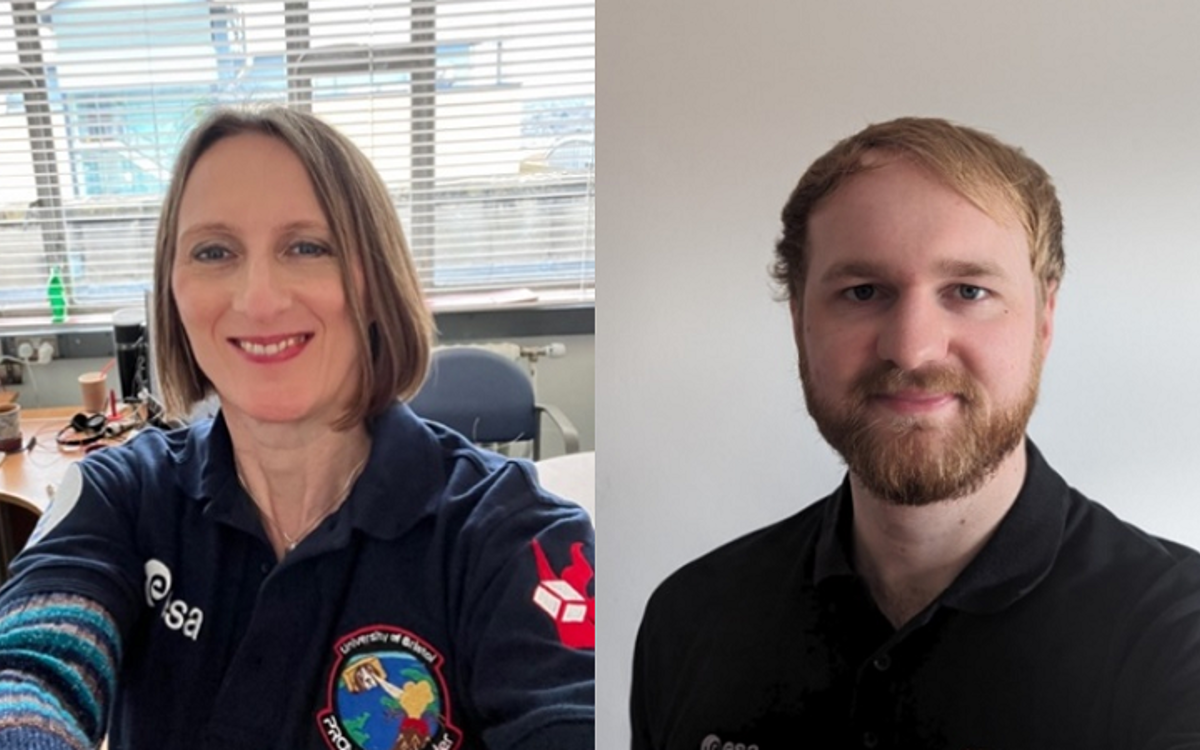
In our Event and Opportunities section, you'll find a selection of upcoming space-related events, conferences, workshops and bid opportunities. We believe in fostering a community passionate about space, and this section aims to keep you informed about valuable networking and learning opportunities that can help you stay at the forefront of space science and technology. Whether you're an academic, an SME, or a larger space business, there's something for everyone in this space of possibilities.
Stay connected with the latest updates from Space West!
Subscribe to our newsletter now and receive exciting news and space-related insights directly in your inbox. Join our space community by emailing us at: [email protected]

